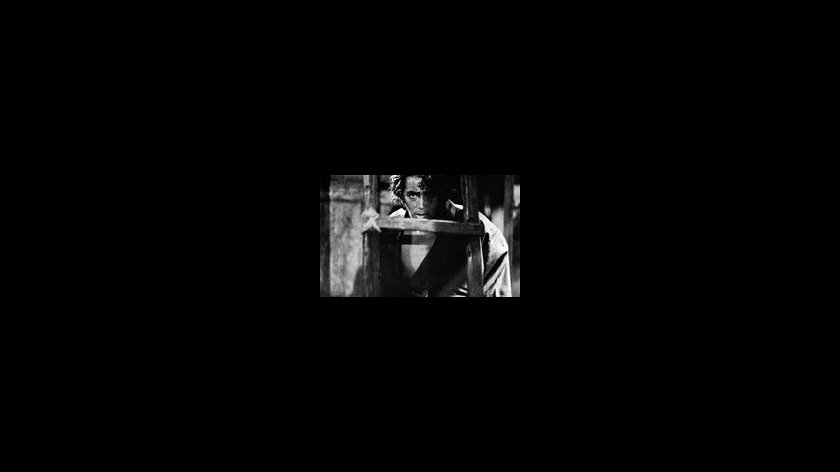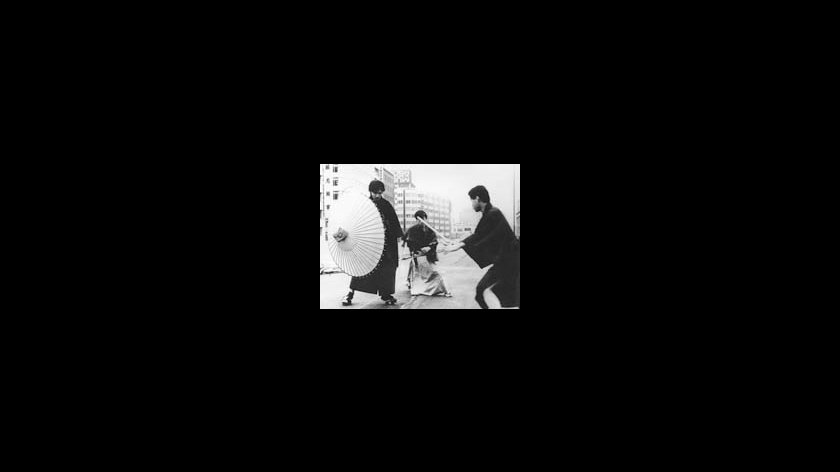GYAKUFUNSHA KAZOKU
Die Familie Mit Dem Umgekehrten Düsenantrieb
Do the Japanese have a sense of humor? There is a general feeling, among Westerners as well as Asians, that they do not. Japanese laugh a lot, to be sure. But laughter is not always a sign of humor. It can be a sign of social embarrassment, for example. The lady who rushes to catch a subway train only to see the doors slam into her face and her shopping bags crash to the ground might giggle, but not because she sees anything funny in the situation. Her laughter, she hopes, pre-empts others from laughing at her. People laugh to save others from social embarrassment, too, or to put them at ease, or to be ingratiating. These various forms of laughter say muck about the roles of Japanese social life, stressing «face» and avoiding, almost at any cost, direct confrontation. But they tell us little about humor.
A sense of humor is not the same as a sense of fun either. Certainly the Japanese have that. Things that appeal to a universal sense of fun funny faces, cute animals, children appeal to the Japanese. As do the many varieties of the banana-skin gag. The mechanics of this have been described often: The joke lies in knowing that the man will slip before he knows himself. The confirmation of this knowledge comes as a kind of release, which is expressed in laughter. Predictability is very much part of Japanese comedy. One sees this in TV variety shows where the same gags are repeated endlessly, to the point that the audience knows certain lines by heart. The other kind of humor much appreciated in Japan is the sentimental combination of laughs and tears. Charlie Chaplin was by far the most popular foreign comedian in prewar Japan. And the endless <i>Tora-san</i>-series is a modern, very Japanese version of the same mixture of humor and pathos.
But that is not what we mean by a sense of humor, for this implies irony. It is a humor that masquerades as seriousness. Irony is often saying something while meaning the opposite. It is a subversive kind of humor, as it refuses to take reality at face value. Like dandyism which takes irony to its logical extreme by taking nothing seriously except dandyism itself ironical humor is based on individualism and a strong sense of social rules and role-playing. It is the gap between the individual and these rules and roles which produces irony. Irony flourishes in countries with long histories, where social roles have become entrenched. Americans, perhaps because social mobility is still more fluid and the sense of history less strongly developed, tend to have a less ironical sense of humor than, say, the English or the French. The Japanese have a deep sense of history, and social life is rigidly structured. It is not surprising, therefore, that the Japanese have a well developed sense of social satire. Japanese jokes tend to bring social roles and pretensions down to earth. They have a humanizing effect.
(Ian Buruma, «Humor in Japanese Cinema», in: «East-West Film Journal», 2/1, December 1987, pp. 2627)




